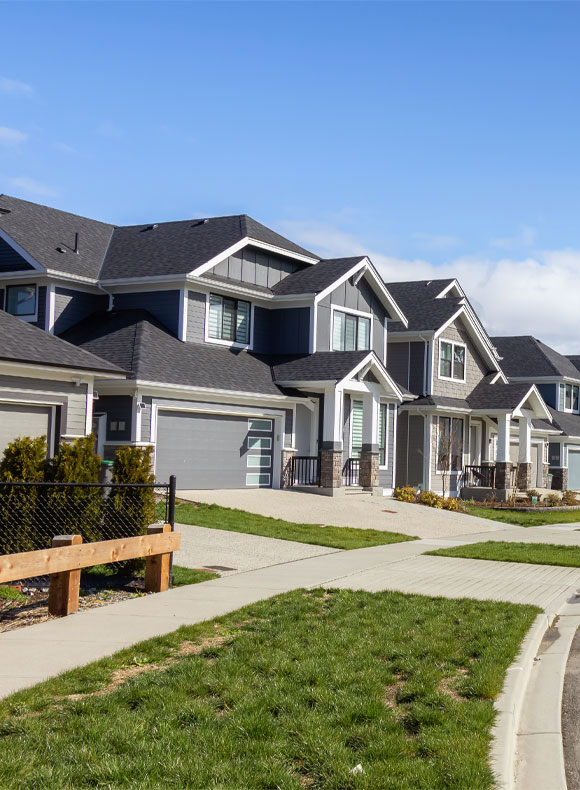Owning property in Michigan means you’re subjected to state land use laws. Land use covers such topics as accepted property usage, zoning, easements and right of way.
Our transactional services include land use representation.
Check out these frequently asked questions and connect with a member of the Dingeman & Dancer team to explore your rights.
Easement VS. Right of Way: What’s the Difference?
A right of way is an easement that allows a person to use another person’s property for a specific reason, but with limits. In most cases, a right of way will grant a person the right to pass through another person’s property without lingering or impacting their property.
What Are Michigan’s Easement Laws?
Michigan law defines three types of easements: regular, necessity, and prescriptive. One property owner may grant regular easements to another for a variety of reasons, and these are usually regulated between the property owner and the property user. Easements of necessity are issued when a landlocked property owner needs to travel over another property owner’s land to get on or off their property; these are also sometimes called “Right of Way” easements. Prescriptive easements are related to adverse possession. If a person uses your land for an extended period and meets rigorous criteria, a Judge may grant them permanent rights to your land.
Learn more about easement laws: Property Encroachment – What It Is and How It Can Affect You
What Is Land Use Law?
Land use law defines the acceptable usage of a property. Land use law includes zoning rules and regulations—restrictions around land usage impact residential property but also commercial and agricultural. Land use law also includes property line disputes and regulations on wetlands. Riparian rights, which cover fully submerged land, differ from land use law.
What Is An Example of Land Use Law?
Examples of land use laws include wetland laws, easements and zoning regulations. Land uses may be classified into five categories: residential, agricultural, recreational, transportation or commercial. It’s important to note that land use law changes from area to area and zone to zone. Common land use law cases typically involve zoning violations, improper wetland use, and encroachment situations, such as a neighbor building a fence into your property.
Land Use VS. Zoning, Which Takes Precedence?
Land use and zoning are often used interchangeably, but they aren’t the same thing. Land use applies to specific usage for individual properties. Zoning applies to areas such as cities and townships. Zoning establishes districts such as residential and commercial. Land use applies to the specifics of individual properties, such as structures that can be built on a property.
Who Establishes Zoning Laws in Michigan?
Zoning is a local-level decision, meaning city and township zoning boards are responsible for making zoning decisions. According to Michigan state law, these governmental bodies are required to be within the regional boundaries where the zoning decisions will be made.
Learn about zoning laws: What Is a Zoning Ordinance and Why Are They Used?
Common land use law cases typically involve zoning violations, improper wetland use, and encroachment situations, such as a neighbor building a fence into your property.

Find a Land Use and Zoning Attorney Near Me
For more than 30 years, the land use attorneys at Dingeman & Dancer, PLC have assisted countless property owners and prospective property owners in Michigan to help them understand the land use laws and zoning ordinances that affect them. Before you purchase or build on your property, meet with a team member.
When you call us, you get us. Call 800-626-0050 or request an appointment online.
